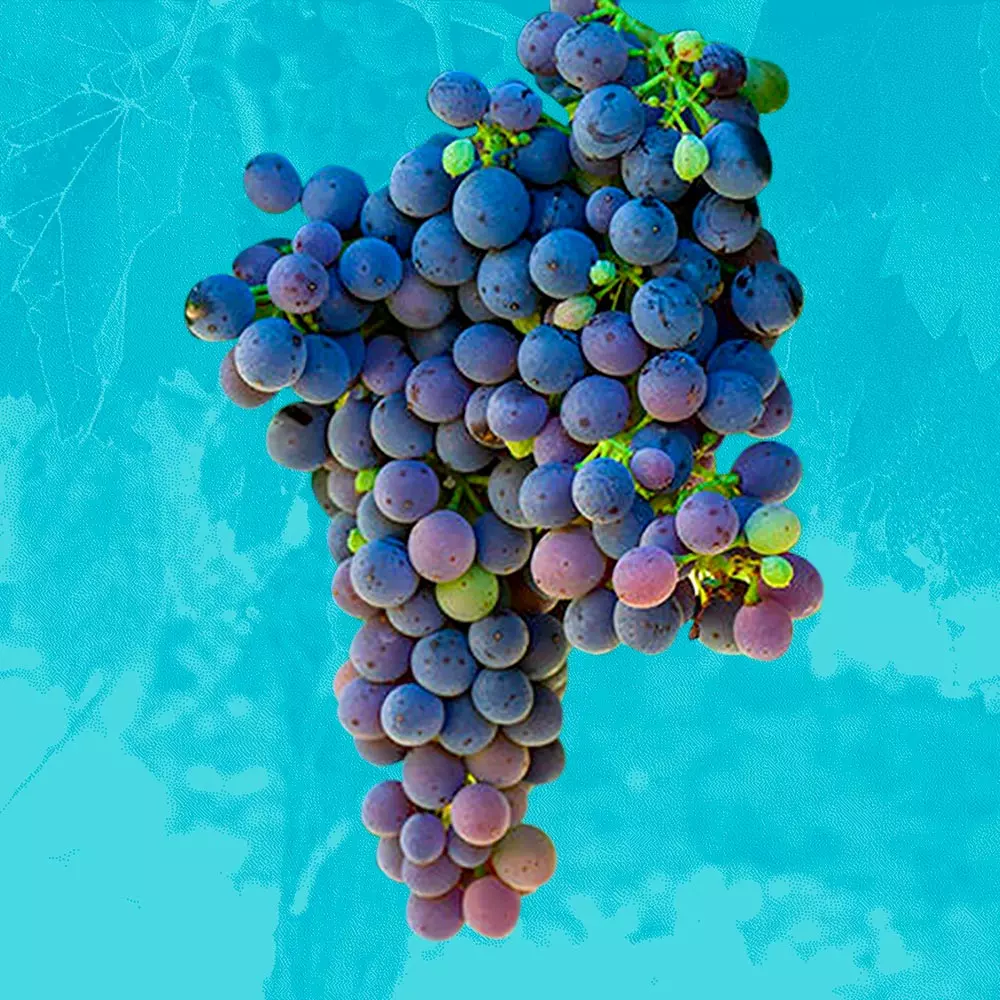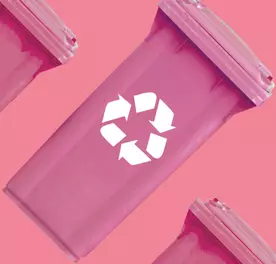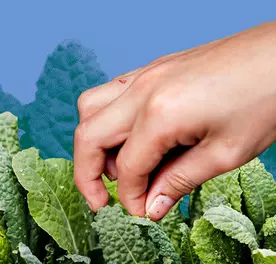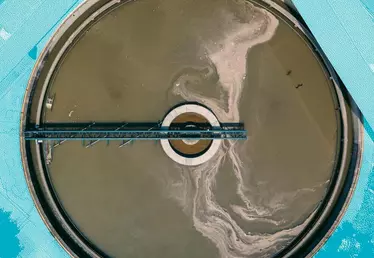

Hero banner custom title
Recycled wastewater - a solution for irrigating vines?
4 min
In Gruissan, in the south of France, micro-irrigation using treated wastewater is being tested on vines. The first results are very positive.
The use of treated wastewater for crop irrigation has been permitted in France since 2010, which has allowed several experiments to see the light of day. For example the Irri-Alt'Eau project in Gruissan, in the Aude department (southern France), where the use of treated wastewater for micro-irrigation of vines is being studied.
This collaborative research program brings together several partners: Veolia, which is coordinating the project, the SME Aquadoc, a specialist in irrigation systems, the Gruissan wine cooperative, the National Institute for Agricultural Research (INRA) with the experimental unit of Pech Rouge and the environmental biotechnology laboratory in Narbonne, and the Greater Narbonne urban authority.
With water resources becoming scarcer following repeated periods of drought in the region, the Irri-Alt’Eau project aims to "develop a reasoned, sustainable and economically viable drip irrigation system for vines using recycled water from an alternative resource: wastewater treatment plants".
To ensure the required water quality, treated water in the Narbonne-Plage wastewater treatment plant receives an additional tertiary treatment using a purification system developed by Veolia. In fact the regulations defines four levels (A-D) of treated wastewater quality – A is drinking water, followed by B, C, and finally D which is surface water. Tertiary treatment produces B and C quality water, which can be used to irrigate vines.
Between 2014 and 2016, the initial experiment conducted on 1.5 hectare of vines showed that there was no difference in the soil, water table, plant or composition of the grape harvest or the wine between vines irrigated with recycled water and those irrigated with drinking water. Wine quality is in fact more sensitive to the effect of vintage – i.e. the weather conditions in the year the grapes are harvested year - than to the type of irrigation water. What’s more, in addition to the environmental benefits, using treated wastewater for irrigation has several advantages on the production and quality of the grapes in particular because of the essential nutrients it contains, which according to the researches and tests carried out could reduce the need for chemical fertilizers.
Controlling water salinity
The project is now continuing on a larger area with tests looking at two major issues: the added value of recycled water because of its nutrient content, and controlling the salinity of brackish water.
As the authors of an article published in The Conversation emphasized, several studies on the use of recycled water for irrigating vines carried out in different parts of the world have highlighted the advantages of this process on the production and the quality of the grapes.
However, recycled water has a higher salt and nutrient content than drinking water or surface water. It is therefore important to measure and control salinity to avoid problems of soil degradation in the long term.
Raising consumer awareness
Another challenge is the reluctance of some professionals and consumers to reuse wastewater for wine production - awareness and communication campaigns will be needed. Consequently the Irri-Alt'Eau project also aims to "provide arguments to make this practice acceptable to the general public".
Although reusing treated wastewater for crop irrigation is still underdeveloped in France, it has been recommended by the World Health Organization since 1989, and deployed by several early-adopters including Israel, Australia and the United States to cope with water scarcity. The Irri-Alt'Eau project and, more recently, the SmartFertiReuse experiment on irrigated field crop irrigation launched in 2018 by Veolia and its partners usher in a new era for recycling wastewater in agriculture.
Image credits: © Getty Images











